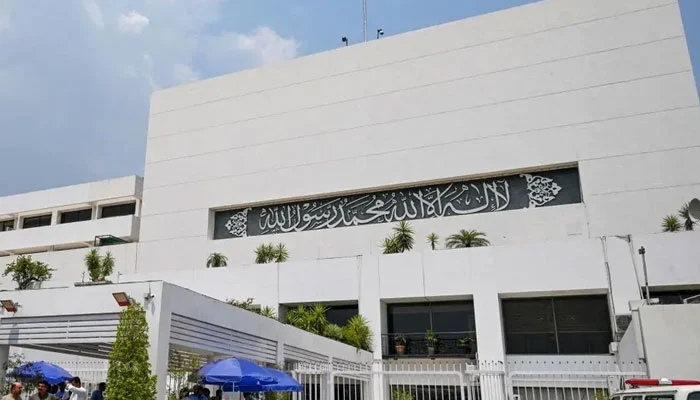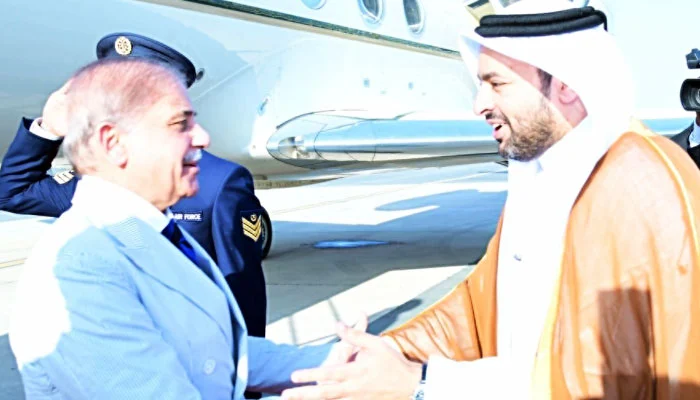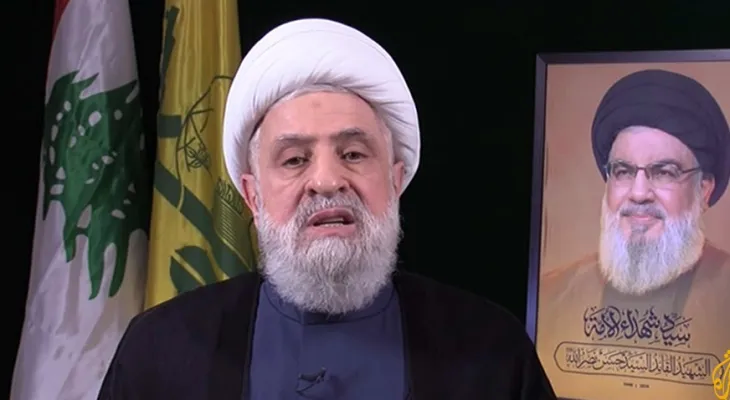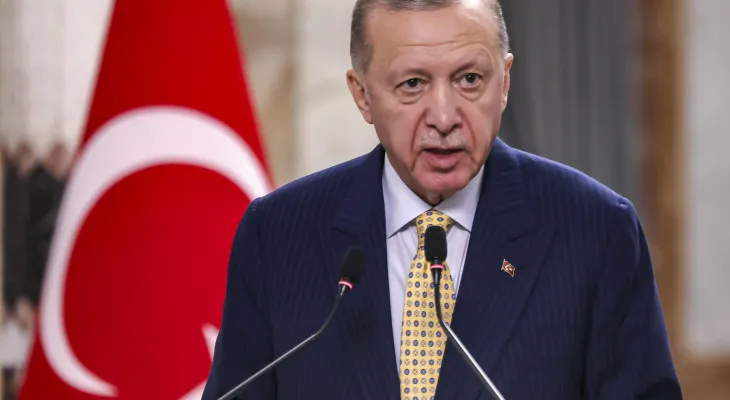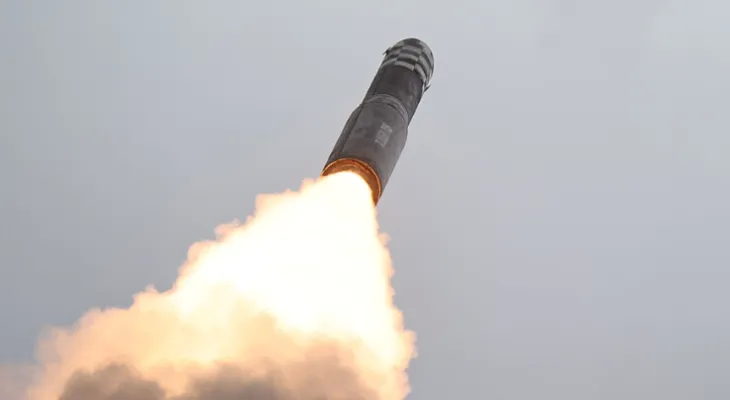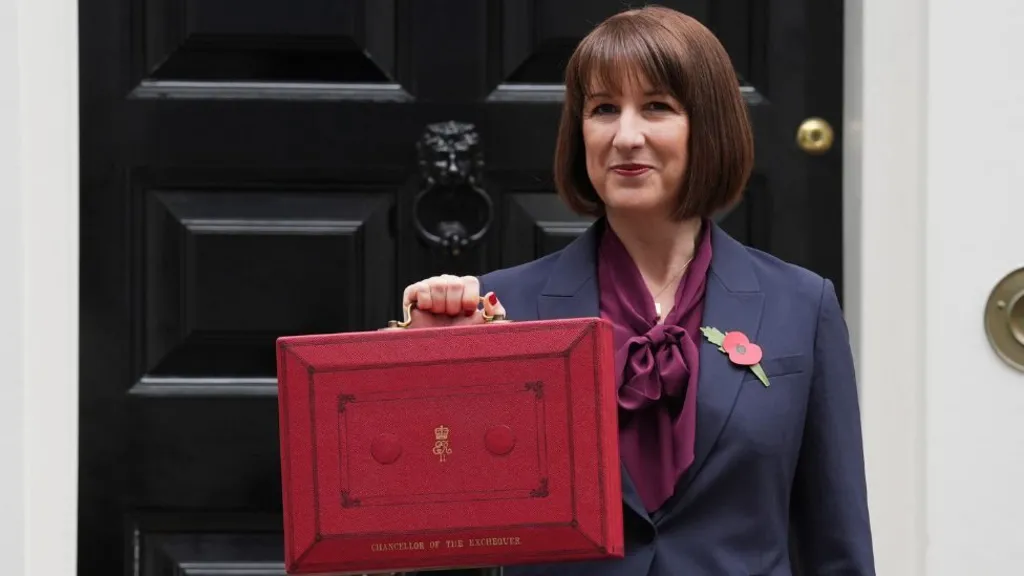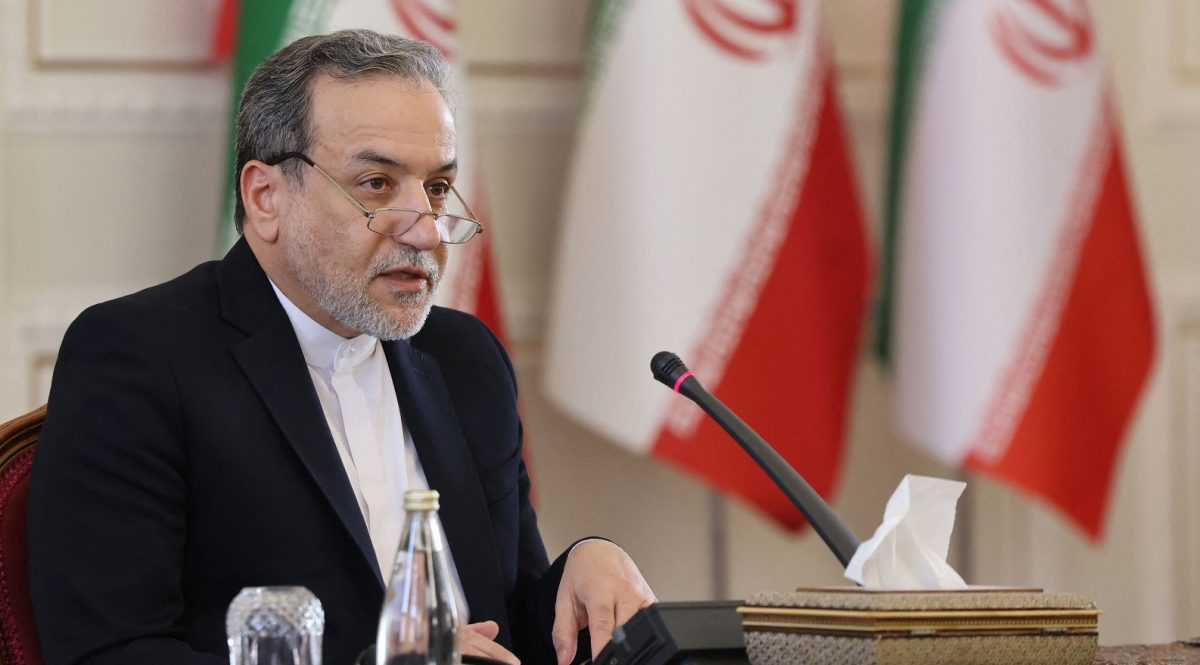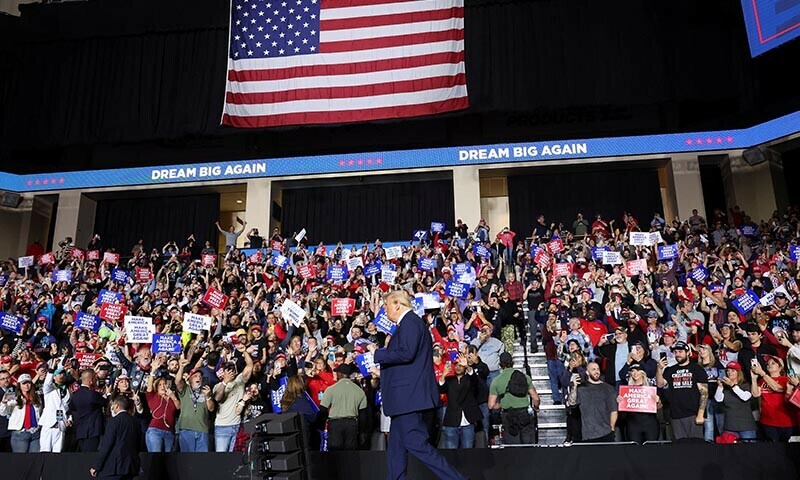North Korea said Thursday it had test-fired one of its newest and most powerful missiles to boost its nuclear deterrent, Kim Jong Un’s first weapons test since being accused of sending soldiers to Russia.
Seoul had warned a day earlier that the nuclear-armed North was preparing to test-fire another intercontinental ballistic missile (ICBM) or even conduct a nuclear test ahead of next week’s US elections.
The launch came just hours after US and South Korean defence chiefs called on Pyongyang to withdraw its troops from Russia, warning that North Korean soldiers in Russian uniforms were being deployed for possible action against Ukraine.
“The initial judgment so far is that (Pyongyang) may have test-fired a new solid-propelled long-range ballistic missile,” Seoul’s military said, adding the missile had flown around 1,000 kilometres (621 miles) after being fired on a lofted trajectory — meaning up, not out.
Developing advanced solid-fuel missiles — which are quicker to launch and harder to detect and destroy in advance — has long been a goal for Kim.
North Korea defended the sanctions-busting launch, calling it “an appropriate military action that fully meets the purpose of informing the rivals… of our counteraction will,” the official Korean Central News Agency reported Kim as saying.
The test “updated the recent records of the strategic missile capability,” of North Korea, it said, with Kim vowing his country “will never change its line of bolstering up its nuclear forces”.
Tokyo said that the “ICBM-class” missile had flown for longer than any other previously tested by the North, being airborne for about 86 minutes and hitting altitudes of 7,000 kilometres.
“We estimate that its flying altitude was the highest we have seen,” Japanese defence minister Gen Nakatani told reporters.
Washington slammed the launch as “a flagrant violation of multiple UN Security Council resolutions”, National Security Council spokesman Sean Savett said in a statement.
Seoul, Washington and Tokyo — key regional security allies — will respond with joint military drills involving US strategic assets, Seoul said.
South Korean President Yook Suk Yeol also said the country would “designate new independent sanctions” on the North and work with partners and the UN to penalise Pyongyang’s “habitual violations of Security Council resolutions.”
North Korea’s missile launch “seems to have been carried out to divert attention from international criticism of its troop deployment,” Yang Moo-jin, president of the University of North Korean Studies in Seoul, told AFP.
Seoul has long accused the nuclear-armed North of sending weapons to help Moscow fight Kyiv and alleged that Pyongyang has moved to deploy soldiers en mass in the wake of Kim Jong Un’s signing of a mutual defence deal with Russian President Vladimir Putin in June.
The troop deployment poses a “significant security threat”, Seoul has said, with US Defense Secretary Lloyd Austin on Wednesday calling on the North to pull their troops out.
The duration and altitude of Thursday’s missile launch indicate the North “tried to evaluate whether a heavy multiple-warhead ICBM can indeed reach the US mainland,” Yang added.
South Korea’s military had warned lawmakers the day before that preparations were “nearly complete for an ICBM-class long-range missile” and that a launch could be aimed at testing the North’s atmospheric reentry technology.
Seoul has warned that Russia may be providing new technology or expertise to Pyongyang in return for weapons and troops to help them fight Ukraine.
It is possible “Russia actually provided new technology for re-entering the atmosphere,” Ahn Chan-il, a defector-turned-researcher who runs the World Institute for North Korea Studies, told AFP.
But it is more likely that Thursday’s test was a bid to distract from the troop deployment and get “the world’s attention ahead of the US presidential election” Ahn added.
Seoul, a major weapons exporter, has said it is reviewing whether to send weapons directly to Ukraine in response, something it has previously resisted due to longstanding domestic policy that prevents it from sending weaponry into active conflicts.
North Korea has denied sending troops to Russia, but in the first comment in state media last week, its vice foreign minister said that if such a deployment were to happen, it would be in line with international law.
Pyongyang is banned from tests using ballistic technology by multiple rounds of UN sanctions, but leader Kim has ramped up launches this year, with experts warning he could be testing weaponry before providing it to Russia.
Call for North to withdraw troops from Russia
The US and South Korean defense chiefs called Wednesday for North Korea to withdraw its troops from Russia, where Washington says some 10,000 of them have been deployed for possible action against Ukrainian forces.
Russia and North Korea have deepened their political and military alliance as the Ukraine war has dragged on, but sending Pyongyang’s troops into combat against Kyiv’s forces would mark a significant escalation that has sparked widespread international concern.
These North Korean troops — wearing Russian uniforms and blended in with units of ethnic minorities to try to conceal them — are expected to go into combat against Ukrainian forces in November, said Ukraine’s UN ambassador Sergiy Kyslytsya.
“I call upon them to withdraw their troops out of Russia,” US Defense Secretary Lloyd Austin said at the Pentagon, echoing a call by his South Korean counterpart Kim Yong-hyun, who stood beside him.
Austin said the United States will “continue to work with allies and partners to discourage Russia from employing these troops in combat.”
But there is a “good likelihood” that Moscow will still do so, according to the US defense secretary, who said that North Korean forces are being outfitted with Russian uniforms and weapons.
Kim, speaking through a translator, said he believes the North Korean deployment to Russia “can result in the escalation of the security threats on the Korean peninsula.”
That is because there is a “high chance” that Pyongyang will ask for technology transfers from Russia to aid its weapons programs — including on tactical nuclear weapons, intercontinental ballistic missiles and reconnaissance satellites — in exchange for the deployment of its forces, he said.
But he did not announce a change to Seoul’s longstanding policy that bars it from selling weapons into active conflict zones including Ukraine — a stance it has stuck to despite calls from Washington and Kyiv to reconsider.
– ‘Return in body bags’ –
“At the current moment, nothing is determined,” Kim said when asked if there are plans for South Korea to indirectly supply munitions to Ukraine.
The Pentagon said the previous day that a “small number” of North Korean troops have already been deployed in Russia’s Kursk region, where Ukrainian forces have been conducting a ground offensive since August.
Ukraine’s Kyslytsya said at the United Nations that the North Korean troops — as many as 12,000 — are being trained at five grounds in eastern Russia and include 500 officers and three generals. He said all this was “according to available information.”
Russia’s President Vladimir Putin has not denied the deployment of North Korean troops to his country but has also refused to confirm it.
Moscow’s UN envoy Vassily Nebenzia on Wednesday said that any claims that Pyongyang’s forces were present on the front lines were “mere assertions.”
The White House has said that Pyongyang’s forces would become “legitimate military targets” if they fight against Ukraine, and Austin echoed that stance on Wednesday.
If North Korean troops “are fighting alongside Russian soldiers in this conflict and attacking Ukrainian soldiers, Ukrainian soldiers have the right to defend themselves,” Austin said.
They would be “co-belligerents, and you have every reason to believe that… they will be killed and wounded as a result of battle,” he added.
Speaking before the UN Security Council, US envoy Robert Wood gave an even more explicit warning, saying if Pyongyang’s forces “enter Ukraine in support of Russia, they will surely return in body bags.”
“I would advise Chairman Kim to think twice about engaging in such reckless and dangerous behavior,” Wood added.
Pyongyang has denied sending troops to Russia, but its vice foreign minister said that were such a deployment to happen, it would be in line with global norms.
North Korea and Russia are both under UN sanctions — Pyongyang for its nuclear weapons program, and Moscow for the Ukraine war.


